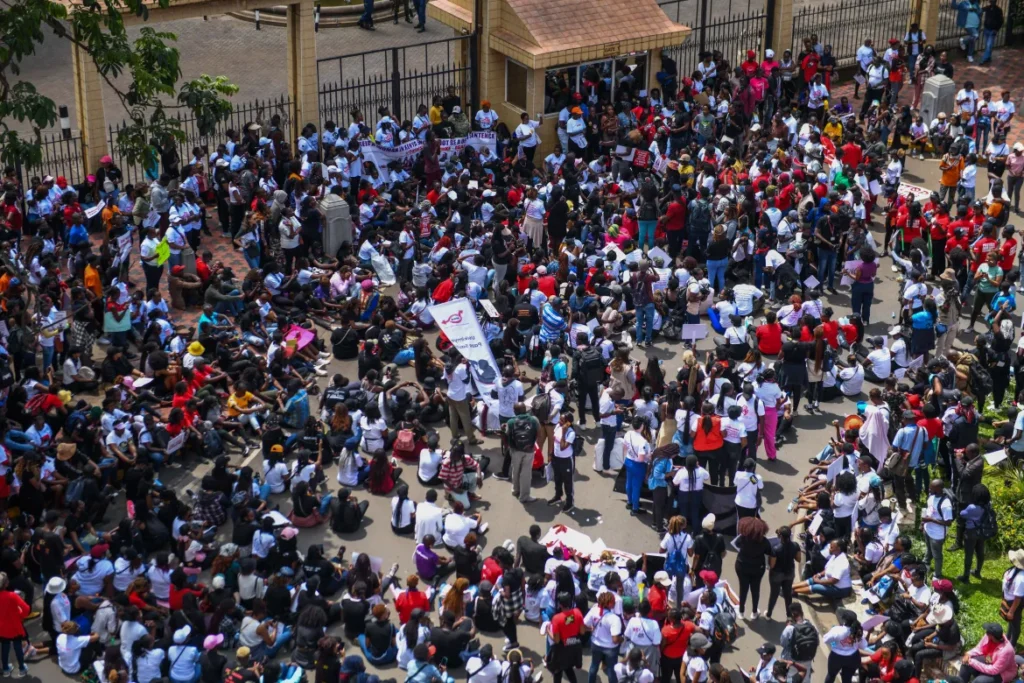TW: Assault, death
It’s barely been a full month into the new year, but news circulating about crimes against women in Kenya have already instilled a sense of fear to people all over the nation and globe. The first case that shook the nation was the brutal murder of socialite Starlet Wahu that happened in an Nairobi air bnb. Just two weeks after her murder, another case arose where an unidentified woman’s body was found chopped and stacked in Kasarani. A scarier case was circulating on Tiktok where the police discovered that two ritualists had murdered 70 girls and sold off the body parts. The current situation has created uncertainty on the safety of women across Kenya.

For a long time, the issue has been a prevalent crisis, according to the latest homicide statistics from Femicide Count Kenya, there were 119 femicides last year. This year, figures show that every two days, one murder occurs. Moreover, most femicides were of children aged 10-20 years and most adult victims were young women aged 20-30.
In some of the cases, men make advances on women by showering them with gifts and money, sleeping with them, before finally murdering them gruesomely. In other scenarios, women are killed for refusing advances, money, gifts, and nonconsensual sex.
The current situation has caused an outrage in social media platforms where unfortunately blame is placed on women, rather than the male perpetrators. These platforms have transformed into the so-called ‘manosphere,’ an area focused on masculinity and bashing women for their own deaths. One of the most atrocious comments was from one Kenyan man who expressed that no amount of activism will stop femicide: it is up to the ladies to put their safety first. With all the victim blaming that is occurring, the trend of “Stop Killing Women” has risen in Kenya especially on X. Kenyan MP Esther Passaris informed BBC News that she is not shocked by the victim blaming occurring online because the country’s culture is very patriarchal, thus women have constantly been looked down upon.
Christine Kungu (Vice Chairperson of Federation of Women Lawyers FIDA) explained that the violence occurs in private spheres by perpetrators who are known to the victims. Wahu’s death is an example of intimate partner violence. She further explained that there is a need to carry out an effective investigation into the circumstances that led to such unfortunate events. Femicide has catastrophic impacts on the society, as it propels fear amongst the society, so women and young girls are afraid to live freely. Moreover, femicide emphasizes harmful gender stereotypes and norms as women and young girls feel like their lives are dispensable and they are ultimately inferior. This ultimately brings out a culture of male domination which further increases the occurrence of gender based violence.
FIDA (Federation of Women Lawyers) has encouraged the government to strengthen the regulatory measures for Airbnbs where most of the cases have been reported. Lastly, Kungu explained that there is a dire need for institutions to be empowered and carry out accountability, coordination and monitoring for the necessary violence against women programs. It is very important that the government, civil society organisations, community leaders and individuals collaborate. This will help to address the root causes of femicide and work towards building a safe community in societies like Kenya.



